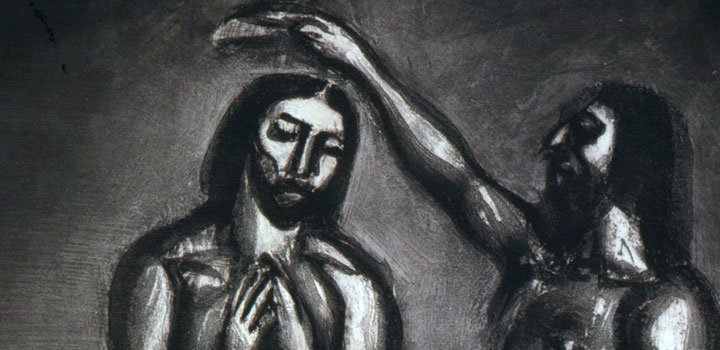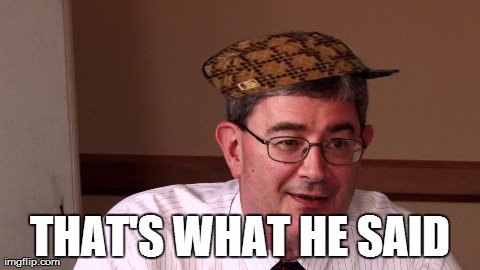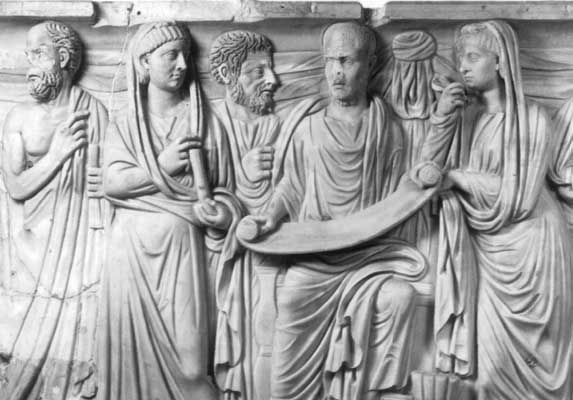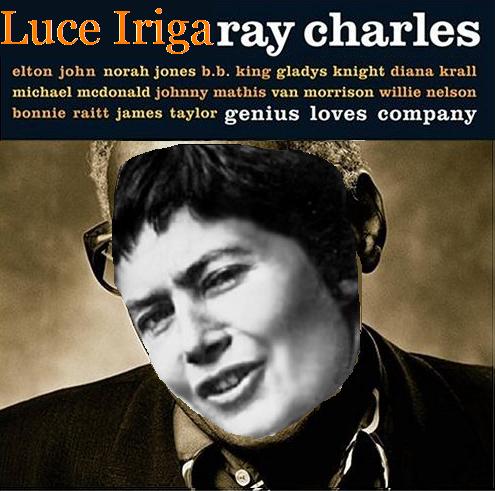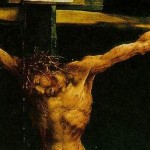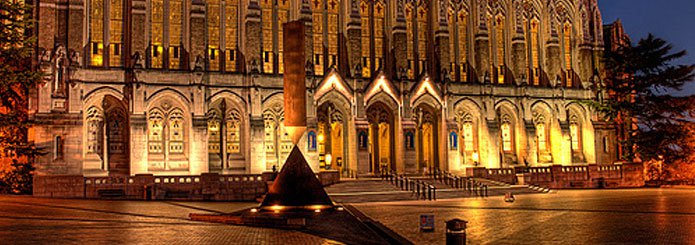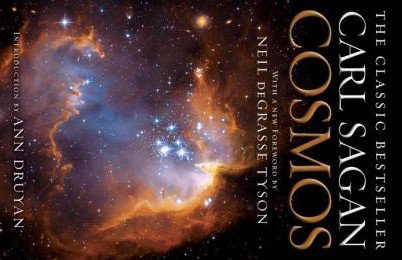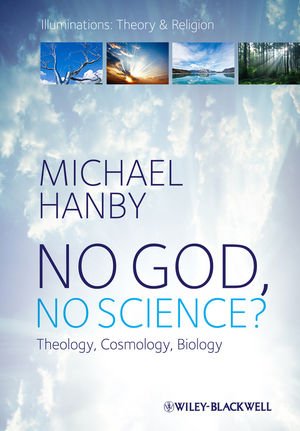Thanks to repetition and the familiarity it breeds Palm Sunday’s second reading, as probably with any second reading (I suppose), doesn’t usually stand out as something all that special. Here’s how it reads, or rather, the portion of it that’s most potent: Christ Jesus, though he was in the form of God, did not regard equality with God something to be grasped. Rather, he emptied himself [~kenosis], taking the form of a slave, coming in human likeness; and found human... Read more

